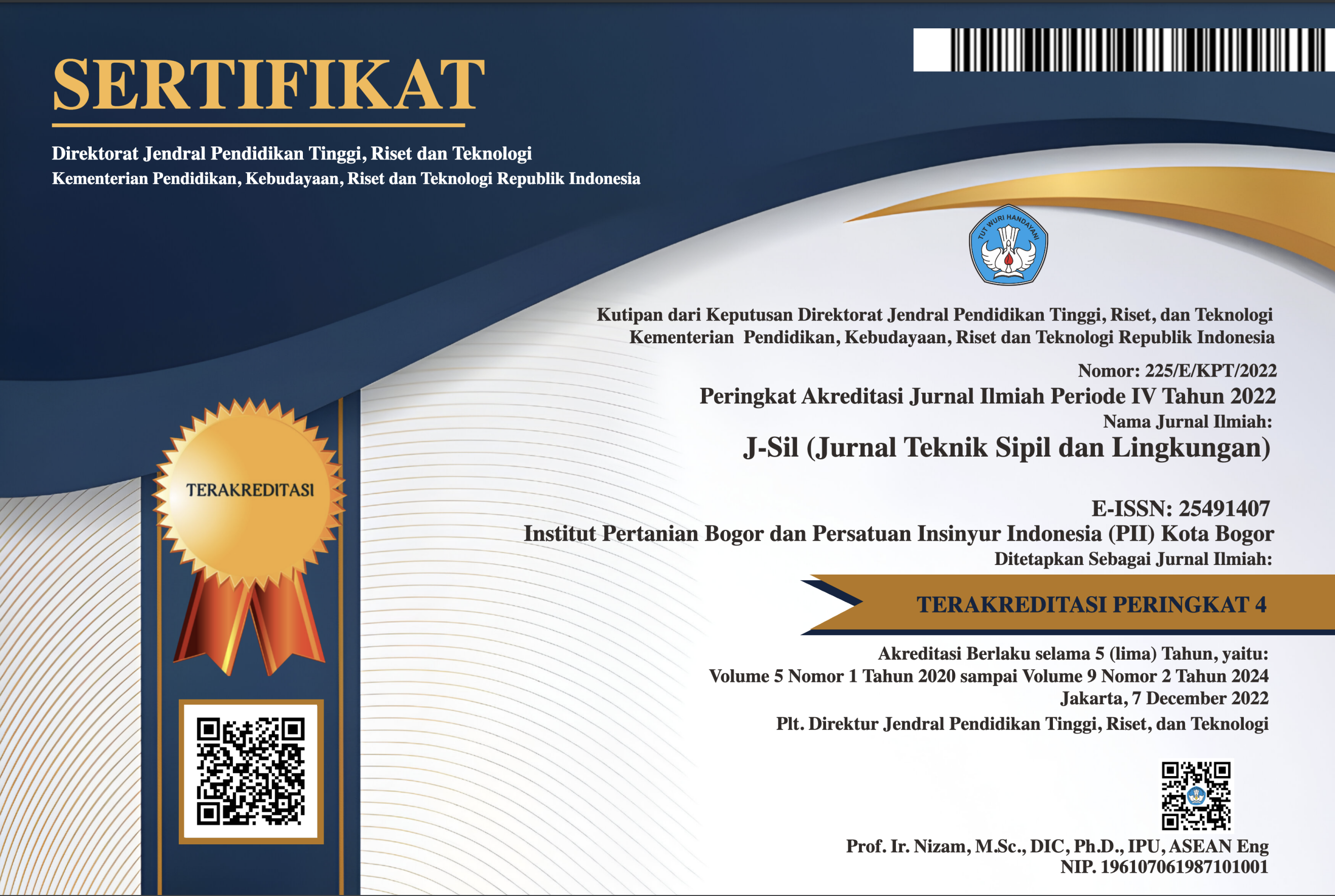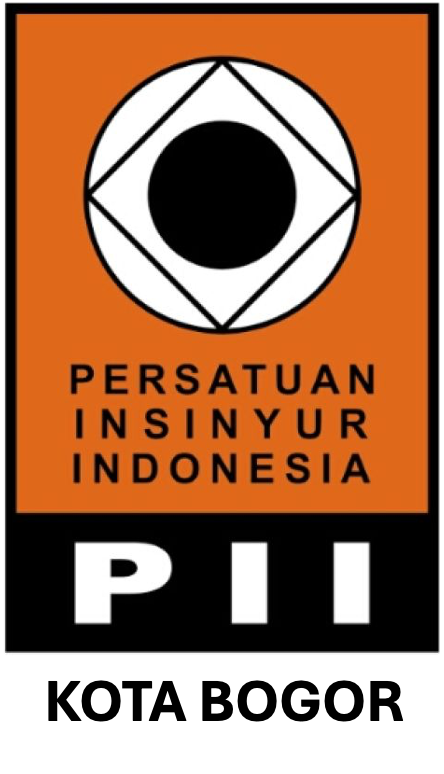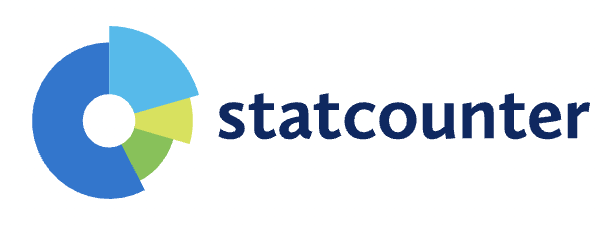About the Journal
Focus and Scope
J-Sil (Jurnal Teknik Sipil dan Lingkungan) was established in 2016 and managed by the Department of Civil and Environmental Engineering, IPB University, and The Institute of Engineering Indonesia (PII) Bogor. The journal aims to disseminate original and quality academic papers that have the potential to contribute to the advancement of science and technology in the field of civil and environmental engineering to support sustainable developments. The journal covers any scopes within civil and environmental engineering, such as structure, irrigation, drainage, water quality, water construction, hydrology, water management, groundwater conservation, soil mechanics, foundation, soil improvement, slope stability, liquefaction, and soil modeling, road engineering, transportation management, construction management, environmental atmosphere and climate change environment (control of greenhouse gases, air quality models, climate change locally and globally), renewable energy and waste management (recovery of energy from waste, incineration, landfills, and green energy, biotechnology environment (nano-bio sensors, bioenergy, environmental eco-engineering), technology, physical, biological, and chemical (membrane technology, the process of advanced oxidation technology Physico-chemical, biological treatment of water), engineering environmental control (desalination, ICA (instruments, power, and automation), and water reuse technologies) and Applied Geomatics. The journal receives original papers from various contributors, such as academicians, scientists, researchers, practitioners, and students worldwide.
Peer Review Process
The manuscript can be written in Indonesian or English. At least two independent reviewers will review the submitted paper. The author who submits the paper is requested to download the template and follow the instructions there.
Publication Frequency
J-Sil (Jurnal Teknik Sipil dan Lingkungan) is published three times a year: April, August, and December.
Open Access Policy
This is an open-access journal, meaning all contents are freely available without charge to the user or his/her institution. Users are allowed to read, download, copy, distribute, print, search, or link to the full texts of the articles in this journal without asking prior permission from the publisher or the author.










